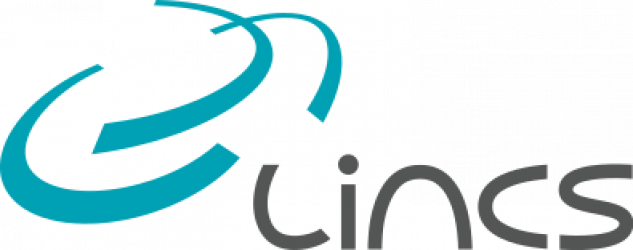| Speaker : | Tracy Camp |
| Colorado School of Mines | |
| Date: | 22/05/2013 |
| Time: | 2:00 pm - 3:00 pm |
| Location: | LINCS Meeting Room 40 |
Abstract
Simulation is the research tool of choice for a majority of the mobile ad hoc network (MANET) community; however, while the use of simulation has increased, the credibility of the simulation results as decreased. Since mobility patterns can significantly affect the performance of a protocol, choosing a realistic mobility model is one
important aspect to consider in the development of a credible MANET simulation scenario.In addition to being realistic, a mobility model should be easy to understand and use. Unfortunately, most of the simple mobility models proposed thus far are not realistic and most of the realistic mobility models proposed thus far are not simple to use. In this seminar, I will present SMOOTH, a new mobility model that is realistic (e.g., SMOOTH is based on several known features of human movement) and is simple to use (e.g., SMOOTH does not have any complex input parameters). In addition to presenting SMOOTH, I will show results that validate SMOOTH imitates human movement patterns present in real mobility traces collected from a range of diverse scenarios and I will compare SMOOTH with other mobility models that have been
developed on similar mobility traces. Lastly, I will discuss tools that my group has created to aid the development of more rigorous simulation studies. While this work focuses on the MANET field, the takeaway message in regards to credible simulation is applicable to other computing fields.
Biography: Tracy Camp is a Full Professor of Computer Science in the Department of Electrical Engineering and Computer Science at the Colorado School of Mines. She is the Founder and Director of the Toilers ([23]http://toilers.mines.edu), an active ad hoc networks research group. Her current research interests include the credibility
of ad hoc network simulation studies and the use of wireless sensor networks in geosystems. Dr. Camp has received over 20 grants from the National Science Foundation, including a prestigious NSF CAREER award. In total, her projects have received over $20 million dollars in external funding. This funding has produced 12 software packages that have been requested from (and shared with) more than 3000 researchers in 86 countries (as of October 2012). Dr. Camp has published over
80 refereed articles and 12 invited articles, and these articles have been cited almost 4,000 times (per Microsoft Academic Search) and over 7,000 times (per Google Scholar) as of December 2012.Dr. Camp is an ACM Fellow, an ACM Distinguished Lecturer, and an IEEE Senior Member. She has enjoyed being a Fulbright Scholar in New Zealand (in 2006), a Distinguished Visitor at the University of Bonn in Germany (in 2010), and a keynote presenter at several venues, e.g., at the 7th International Conference on Intelligent Sensors, Sensor Networks and Information Processing (ISSNIP 2011) in Adelaide, Australia, and the 3rd International Conference on Simulation Tools and Techniques (SIMUTools 2010) in Malaga, Spain. In December 2007, Dr. Camp received the Board of Trustees Outstanding Faculty Award at the Colorado School of Mines; this award was only given five times between 1998-2007. She shares her life with Max (born in 2000), Emma (born in 2003), her husband (Glen), and three pets (two cats and a dog). The four humans are vegetarians who tremendously enjoy living in the foothills of the Rockies.
